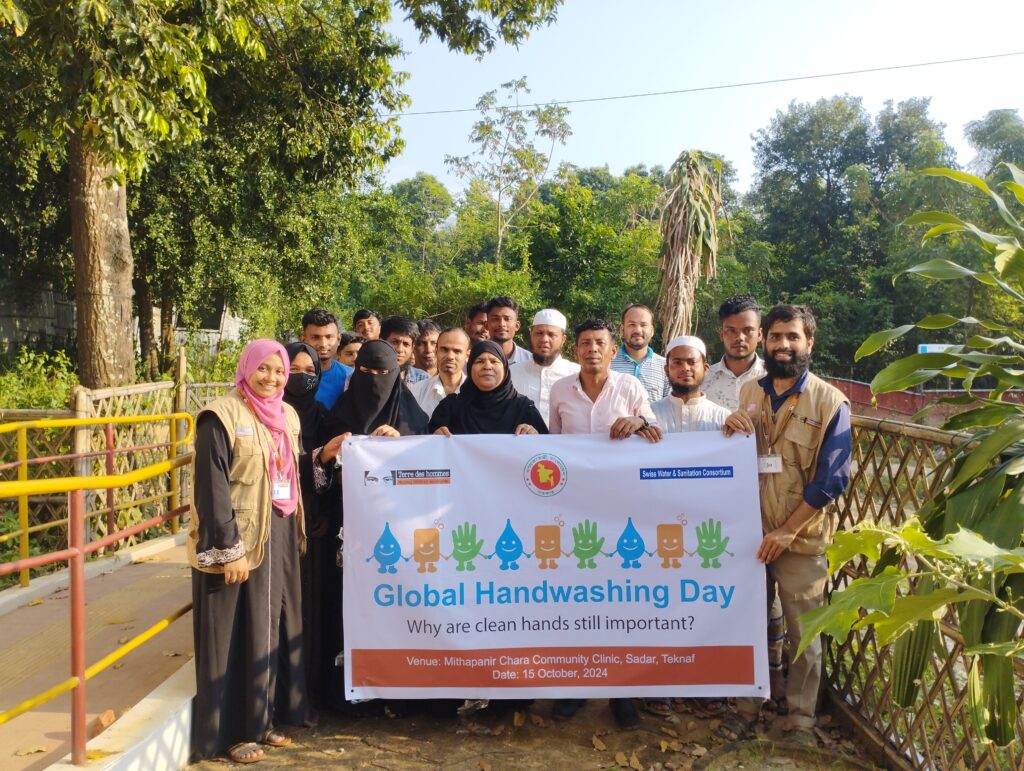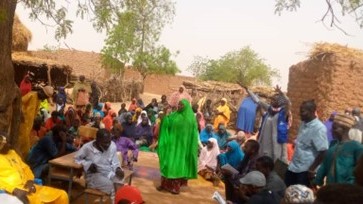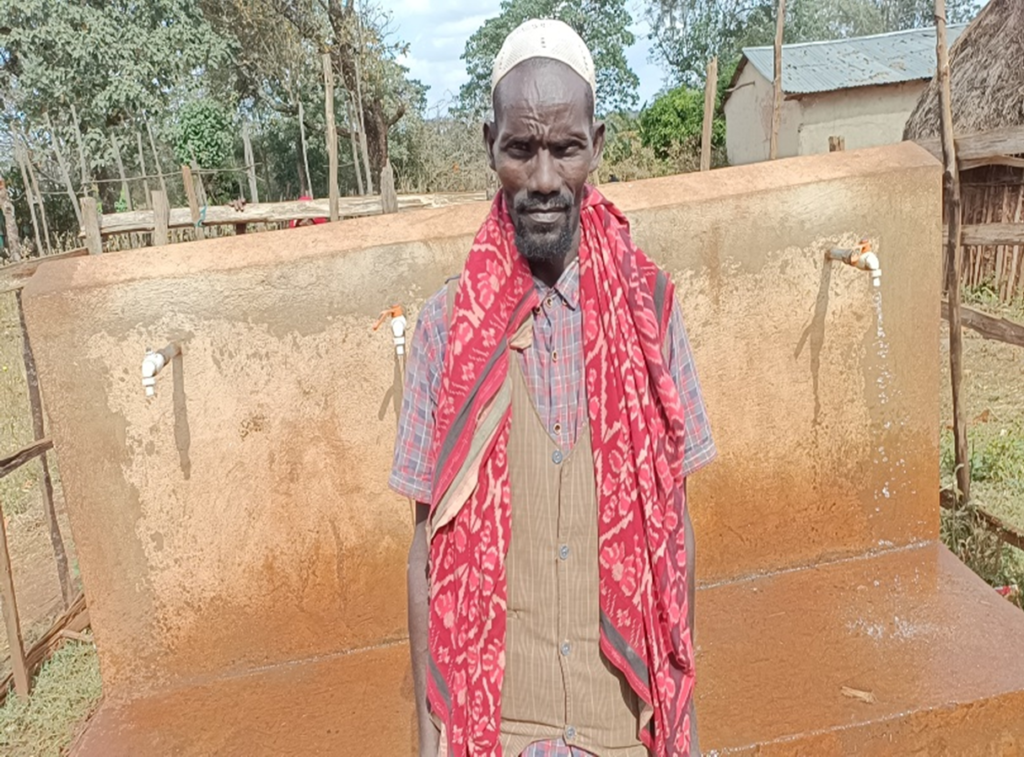Created in 2011, the Swiss Water and Sanitation Consortium (SWSC) brings together eight Swiss NGOs – Caritas Switzerland, Fastenaktion, HEKS-EPER, HELVETAS Swiss Intercooperation, Solidar Suisse, Swissaid, Swiss Red Cross and Terre des hommes – implementing jointly a Water, Sanitation and Hygiene (WASH) programme in Africa and Asia. Besides providing access to WASH services, it also proved successful in experience-sharing and learning, as well as strengthening the Swiss profile in advocacy and policy dialogue.
Having completed three successful phases, phase IV was launched in August 2023, with the adoption by the 8 member organisations of a common approach to strengthening education and health systems, which aims to support system actors to improve the quality and sustainability of WASH services for vulnerable populations. WASH in institutions remains the entry point for increasing the water and sanitation coverage of the 16 projects in 12 countries where the consortium is active. The focus is on rolling out SWSC’s signature approaches, Blue Schools and WASH in Health Care Facilities, and on building solid evidence of their success for further advocacy. The SWSC is co-financed by the Swiss Agency for Development and Cooperation (SDC) and the consortium member organizations.
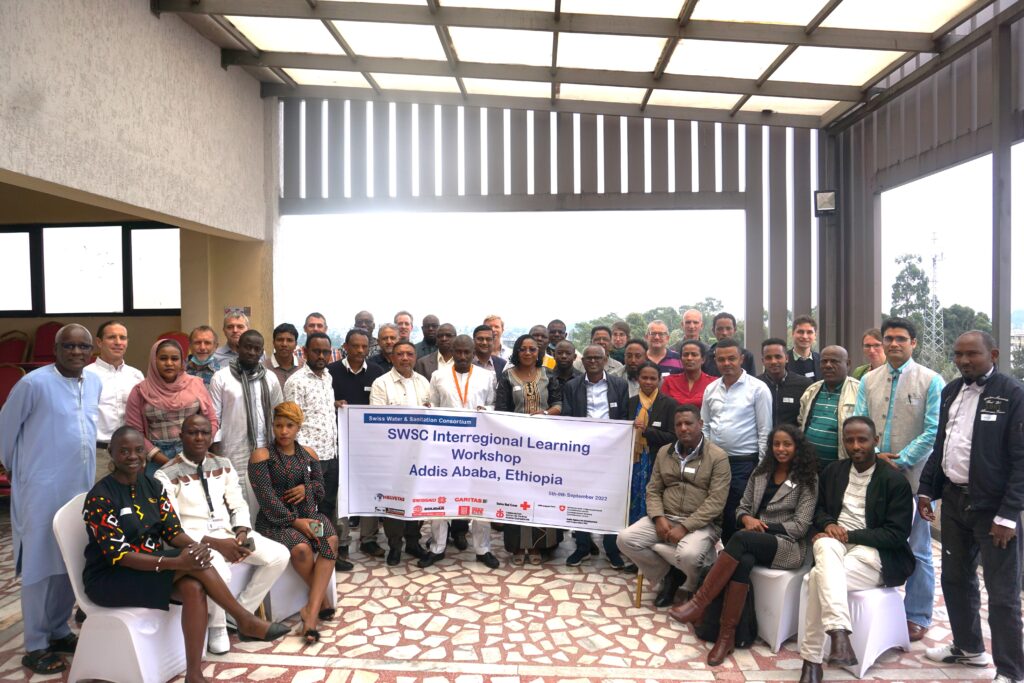
Overall goal
The SWSC aims to improve the living conditions of the most vulnerable in the global south, through increased use of sustainable drinking water, sanitation and hygiene services at home, in schools and in health centers. The joint knowledge and expertise on achieving sustainable WASH services in institutions enables the SWSC to replicate good practices and influence policies and global frameworks. The SWSC thereby contributes to working more effectively towards the SDGs, i.e. goal 6 on water as well as goal 3 on wellbeing (health care facilities) and goal 4 on education (schools).
Strategy
Building on solid experiences, the SWSC will focuses on WASH in institutions through its two signature approaches Blue Schools and WASH in Health Care Facilities as a strategic entry point to have an impact in the communities (besides working directly in the communities). The added-value of the SWSC consists in combining practical field expertise in WASH, with knowledge sharing and learning, networking, partnership and a critical mass of projects to adapt, refine and build evidence of the signature approaches, as well as joining forces to influence sector policies and advocate at global level.
Structure
We are structured around three regions: Francophone Africa, Eastern and Southern Africa and South and Southeast Asia. In each of the consortium regions, a regional advisor supports the projects according to the needs and promotes knowledge sharing. The Consortium Steering Board – comprising representatives from the eight member organisations – determines the strategic orientation, whereas the Consortium Management Unit ensures the operational management of the SWSC.
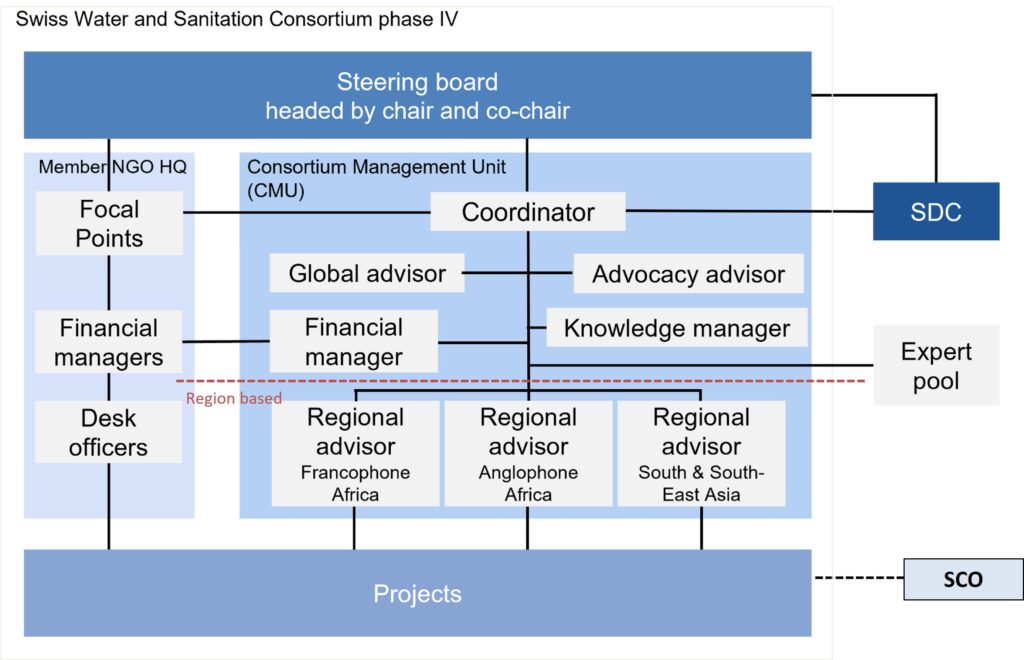

Member Organisations
The eight member organisations (NGOs) – Caritas Switzerland, Fastenopfer, HEKS-EPER, HELVETAS Swiss Intercooperation, Solidar Suisse, Swissaid, Swiss Red Cross and Terre des hommes – form the core of the Consortium. They are responsible for implementing the Consortium projects (planning, implementation, monitoring, quality control, backstopping, financial management, reporting at project level). In line with global commitments to localization, the Consortium emphasizes equitable partnerships with local and national actors in the design, implementation, and monitoring of its projects. While the member organizations may lead in planning and coordination, a significant portion of project delivery is carried out in close collaboration with, or directly by local actors. These partnerships are grounded in mutual accountability and knowledge exchange, recognizing the critical role of local expertise, leadership, and contextual understanding. To strengthen technical capacity and foster innovation, the Consortium draws on a shared pool of thematic experts from within its member organizations. Local partners are also actively engaged in Consortium-wide activities, including peer learning, knowledge sharing, and joint reflection, ensuring that their perspectives and experiences shape both programmatic and strategic decisions.
Steering Board
The steering board is the supreme body of the Consortium, comprising one representative of each member organisation. The Consortium Steering Board discusses and decides on strategic issues of the Consortium, oversees and monitors the effectiveness of the operations carried out by the Consortium Management Unit and mediates/decides on operational issues for which the involved parties may not find a consensus. An appointed person from the Consortium’s Steering Board chairs the Steering Board. The Steering Board meets in principle twice a year.
Consortium Management Unit
The Consortium members mandate the Consortium Management Unit (CMU) to coordinate the Consortium programme on their behalf. The CMU reports to and is accountable to the Steering Board. The CMU staff are seconded by the member organisations and led by the coordinator. The CMU ensures effective coordination of the Consortium activities, facilitates knowledge exchange and provides backstopping to the projects. Overall coordination, financial management and knowledge management are conducted from Switzerland while the regional advisors are based in Ethiopia, Mali and Nepal.
Focal Points
Each member organisation appointed a consortium focal point representative. They are the primary contact person in the member organisation for the CMU. They ensure that information provided by the CMU is effectively disseminated to the organisation’s programme coordinators / project teams and feed information (reports), questions, comments and suggestions back to the CMU.


